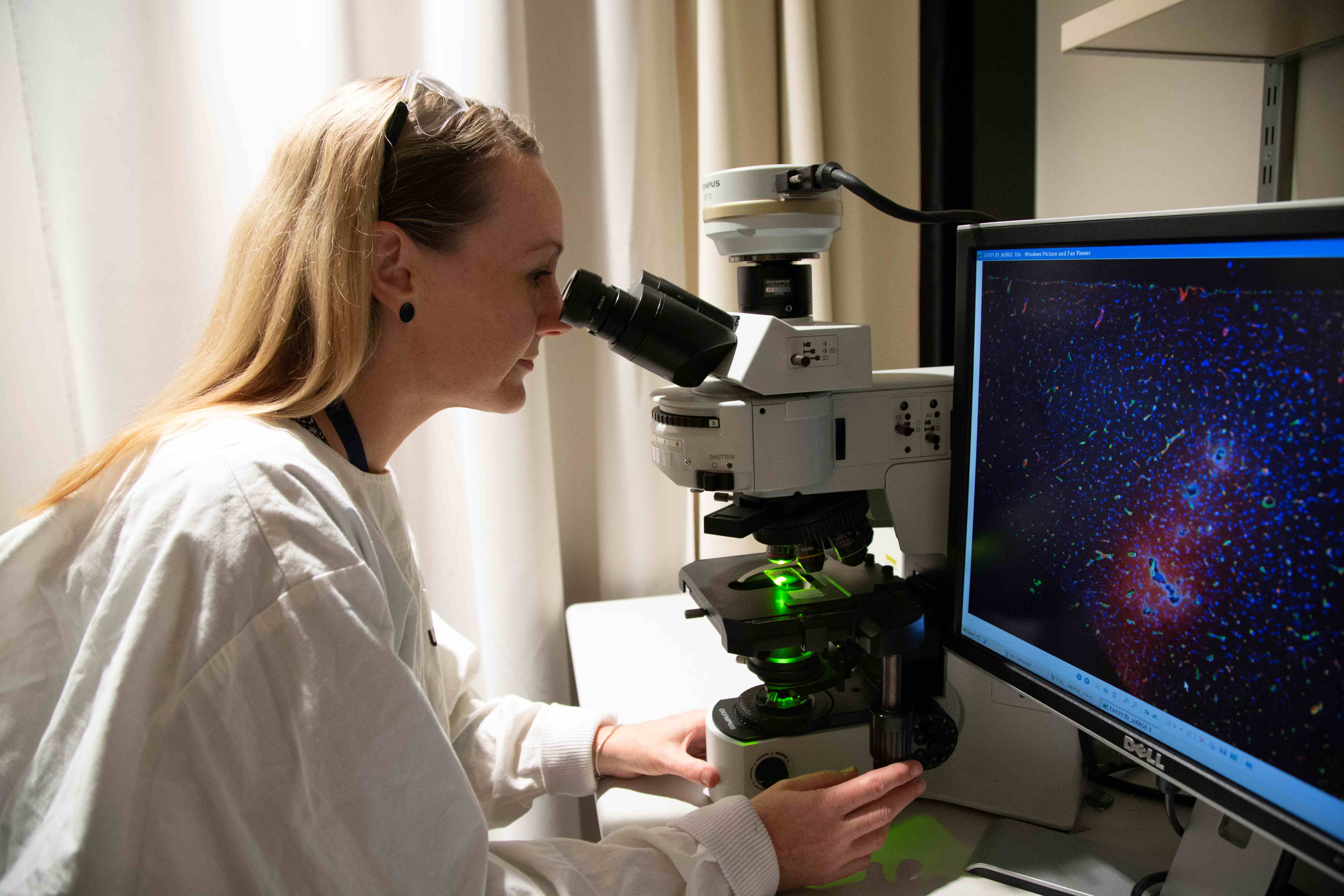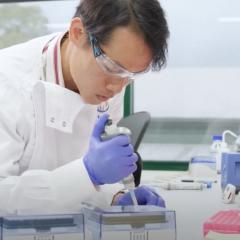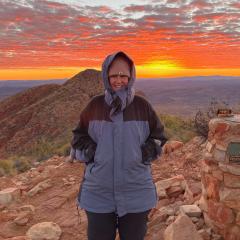
I seem to have been drawn to neuroscience research. After completing a Bachelor of Science, I undertook an Honours project on traumatic brain injury at James Cook University in Townsville. Following a short stint working at the Institute of Cancer research in England, I moved to Brisbane to research brain outcomes in alcoholism. After the birth of my daughter, I commenced at the Perinatal Research Centre and have enjoyed the journey from Research Assistant to PhD student to Postdoctoral Researcher.
At the moment, I’m studying the mechanisms, detection and treatment of brain injury in babies whose growth was restricted in the womb. Foetal growth restriction (FGR), where a foetus fails to grow normally in utero, is a leading cause of death and long-term disability - affecting around 32 million babies globally each year. The developing brain is especially vulnerable to this condition, resulting in life-long difficulties ranging from schooling and behavioural issues to cerebral palsy. There is currently no treatment to protect a newborn brain affected by FGR.
My research has shown that inflammation is closely associated with injury in the developing FGR brain. I also found that the effects of brain injury continue even after the baby is born, meaning we have an important opportunity to target inflammation at birth and improve outcomes. My team is now working on tests to detect brain injury earlier and to identify treatments that can be transferred to the clinic to protect the brains of FGR babies.
I was always aware of UQ’s reputation as one of the world’s top universities. But my team at the Centre for Clinical Research also benefits from strong connections with clinicians and the Royal Brisbane and Women’s Hospital. Being connected to the hospital provides critical insight into real life problems to be solved through research, as well as the ability to translate our research findings into the clinical setting.
Research in Australia certainly has its funding challenges and the amount of time involved in applying for grants whilst undertaking the science has been difficult. However, I have been extremely fortunate to receive both large and small research grants from multiple funding sources such as government bodies and hospitals, as well as philanthropic funds.
I’m fortunate to have received a 5-year Fellowship from NHMRC, which will allow me to progress and complete many of our current projects. I hope in the coming years we can translate these important research findings to the clinic, to improve life-long outcomes for vulnerable newborns.
My advice to people starting out on a career in research would be to cultivate a strong support network and to take on feedback to help you improve. There will be plenty of knockbacks but be resilient as the successes are well worth it. Never give up!



